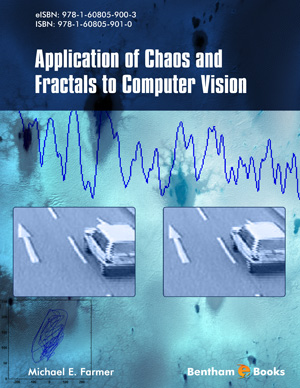Abstract
Electrocardiogram (ECG) records cardiac electrical signal to check for
various heart problems. However, it can be impaired by noise. Therefore, ECG signal
denoising is a significant pre-processing step that reduces noise and emphasizes the
characteristic waves in the ECG data. The frequency range of a simple ECG is usually
between 0.5 Hz and 100 Hz. When processing the ECG signal, artifact elimination is
the most important resource since artifacts in ECG signal impede the diagnosis of
disorders. This work uses MATLAB to reduce noise by applying low pass, high pass,
and derivative pass filters. On the PTB database, the performance of these approaches
is compared using benchmark measures such as mean-square error (MSE) and signal-to-noise ratio (SNR) to compare various ECG denoising algorithms. The combination
of low pass + high pass + derivative pass filters produces low mean-square error (MSE)
and signal-to-noise ratio (SNR) values of 0.052 db and 1.185 db when compared to the
raw signal.






















